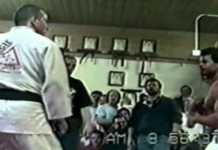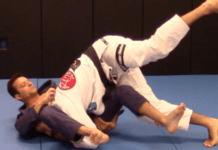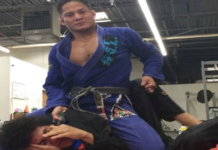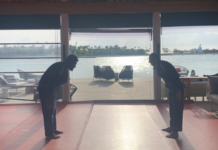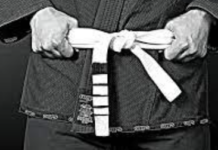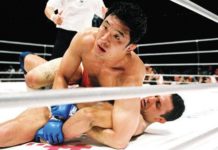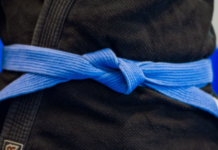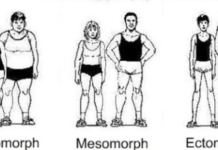BJJ is no longer a niche sport. More and more people are training, the level is rising, it’s all becoming more and more professional. Not surprisingly, so that there was stratification in the approach of people to this sport. For some, it is just a hobby and they practice completely recreationally. For others, BJJ is a lifestyle and they devote all their time to it. You can even call them full-time athletes. When dividing people by their training approach, five types of BJJ practitioners can be distinguished.
Professional BJJ Athletes vs Recreational Practitioners
Professional BJJ Athletes
Thanks to the professionalization of BJJ, an increasing number of different tournaments and championships with often bigger and bigger prizes more and more people can treat BJJ almost like their job. You can ask why I add this “almost”. Let’s be real. Competing even in the biggest jiu jitsu events is not like UFC. Even the guys as new BJJ superstar Nicky Rod got other jobs. He is a model for example. Others, like another hero of last ADCC Lachlan Giles, are coaches in academies or sometimes even owners. I think it is the most common practice. Professional athletes as we called them outside of competing still are connected with sport. They are exercising like crazy, but still, have to do something more than this to earn money to live on. Teaching others goes with it really good. If they are lucky they can get money also from some sponsors like sport clothing brands etc. Still, probably this group is the smallest part of the BJJ practitioners community.
Amateur competitors
This group is also competing and exercising a lot. But for some reason, they cannot make it that professional as a group above. Maybe they were just born in a “wrong” country. Place where BJJ is not that developed as in the USA and going to the biggest competitions is just too expensive for them. Sport in any way is not giving them enough money to live on. They need a “normal” job. Even if it’s the ultra-flexible one you still work for at least 30 or 40 hours per week. This significantly hinders finding time for a large amount of training, rest, regeneration, etc. Still, somehow these people find a time and are BJJ freaks. Maybe they will not win for example ADCC, but still are pretty good, can be champions of their countries, etc. These types of people are kinda common in the jiu jitsu world.
Professional hobbyists
Generally, they are not competing, maybe sometimes occasionally. Despite that, they still go to training a lot. They treat BJJ really seriously, want to be really good, know a lot of techniques, they pay attention to details, etc. People from this group can be for example vulnerable sparring and training partners to the amateur competitors. What makes them different from previous groups is the fact they put their life outside sport above BJJ. They just like to exercise a lot, jiu jitsu is a great hobby for them. But at the same time sometimes they can skip it to spend more time with family or to stay longer at work. It’s not the end of the world for them if that happens. However, they would still prefer to spend as much time as they can in training.
“True” hobbyist
This group of BJJ practitioners is kinda similar to the above one because both put their “normal” lives above jiu jitsu. However, there are still some major differences. It is mostly the amount of time spent on the mat and devotion to BJJ in particular. Professional hobbyists are just more devoted to it. Despite family, work, school, etc. they still want to train a lot and love this BJJ lifestyle. This type is more about 2, a maximum of 3 training per week. BJJ is also often for them more a good way to stay in shape then lifestyle. They like jiu jitsu, practicing it is fun for them. They are not just so devoted to BJJ in specific. It can be changed for them to Muay Thai or any other sport and they still are ok with that. They just want a hobby.
Amateur BJJ Practitioner
This is the group with the most easy-going approach to BJJ. Their jiu jitsu adventure is not professional in any way. They are going to training when they feel like it. Sometimes it can be a few times per week, but then they can skip it for the whole month or more. Despite that, they would still sometimes go to some tournaments. However, they do not prepare for them in any way and most of the time lost in the first fight. When asked why they train BJJ, they don’t know themselves. This group of BJJ practitioners just want to do something in their lives outside of work, school, etc. jiu jitsu is good as any other thing.
Which BJJ practitioners group is the largest?
I would risk the statement that most people in the jiu jitsu world now are somewhere between amateur competitors and “true” hobbyists. Choosing only one specific type would say that professional hobbyists win for the largest BJJ practitioners group. Professional athletes and amateurs are kind rare. Still, probably the second ones are anyway more common. BJJ is already really popular but it would have to break even more through the general public awareness to have more professionals.



